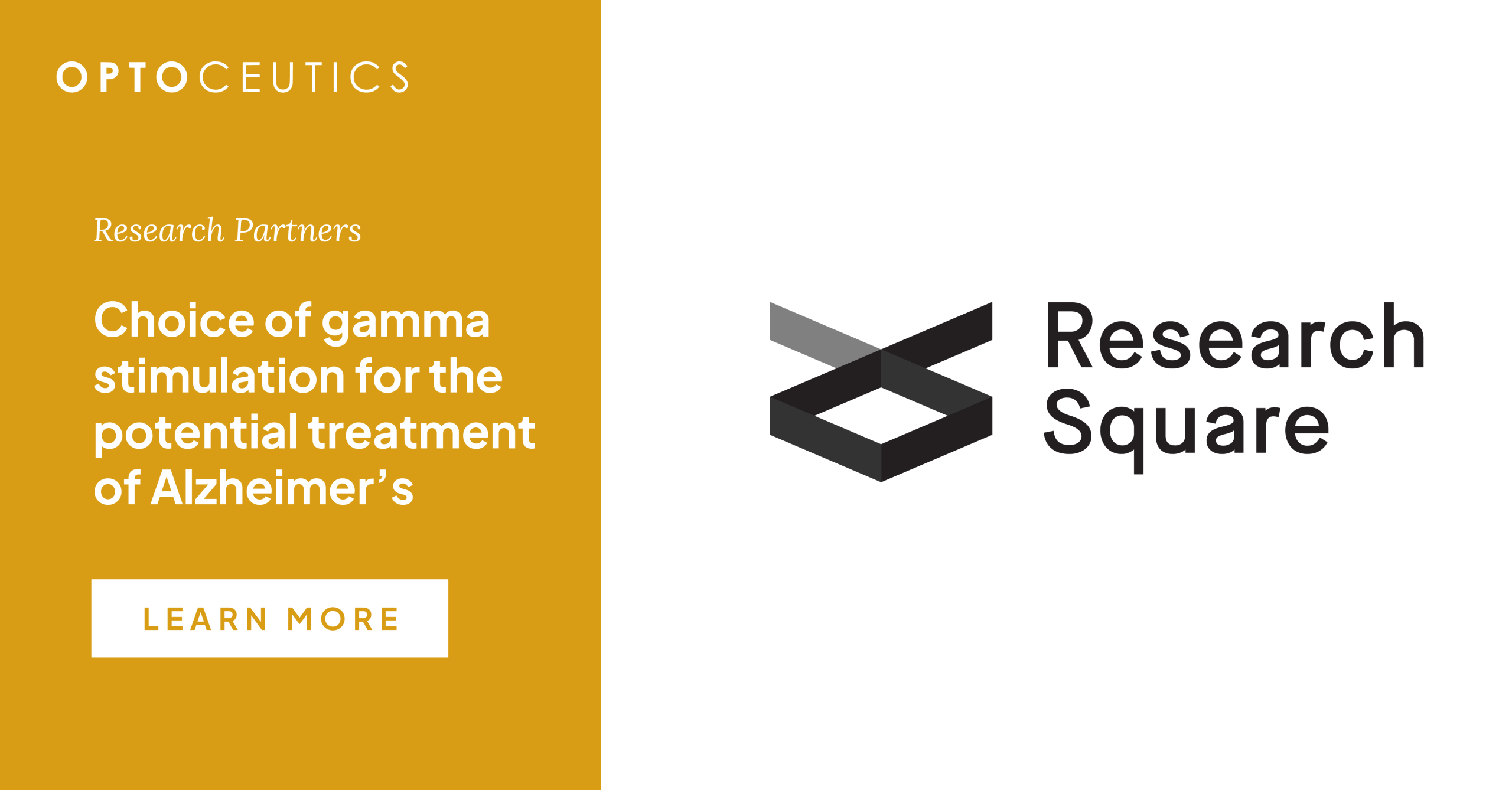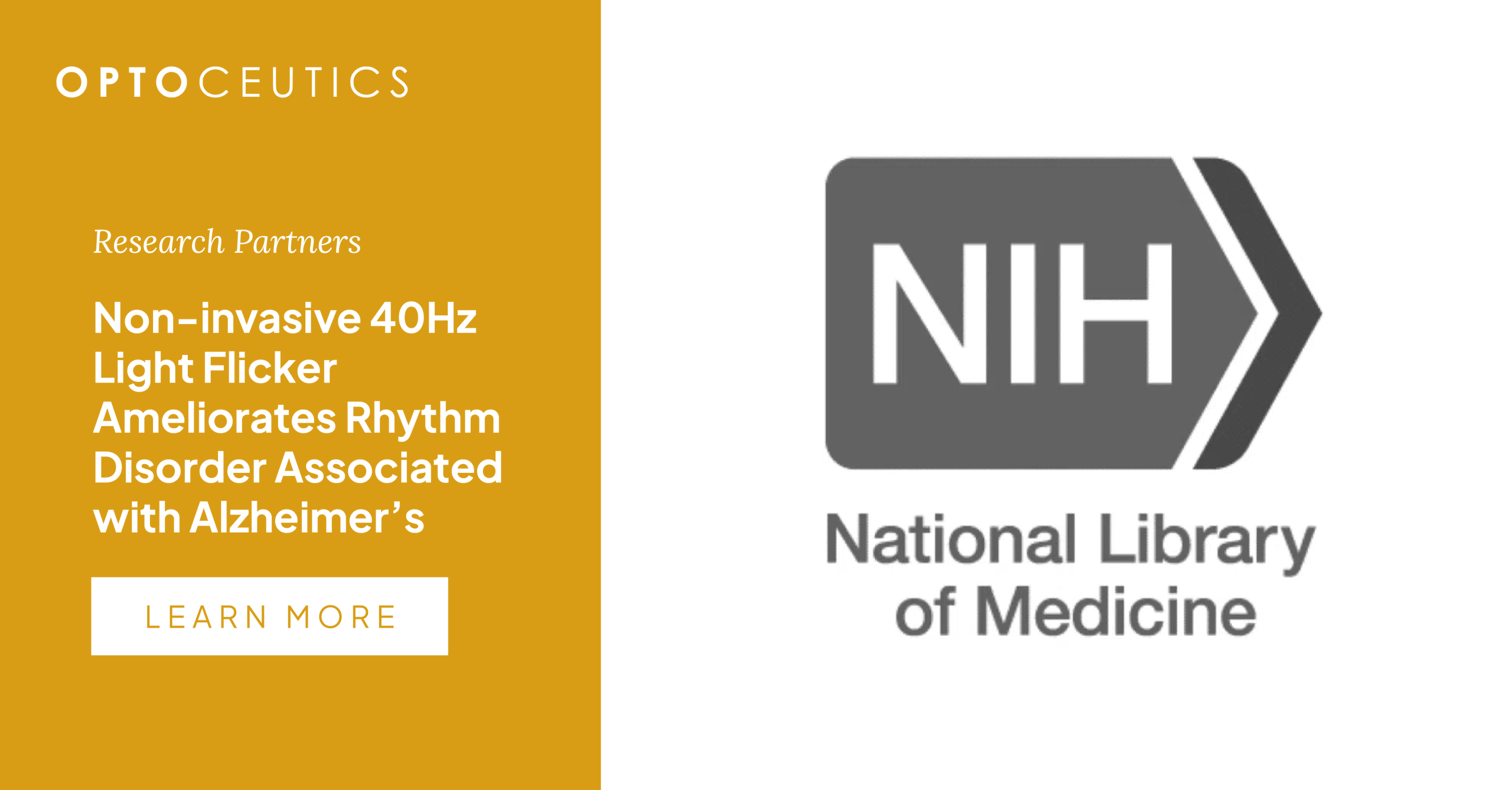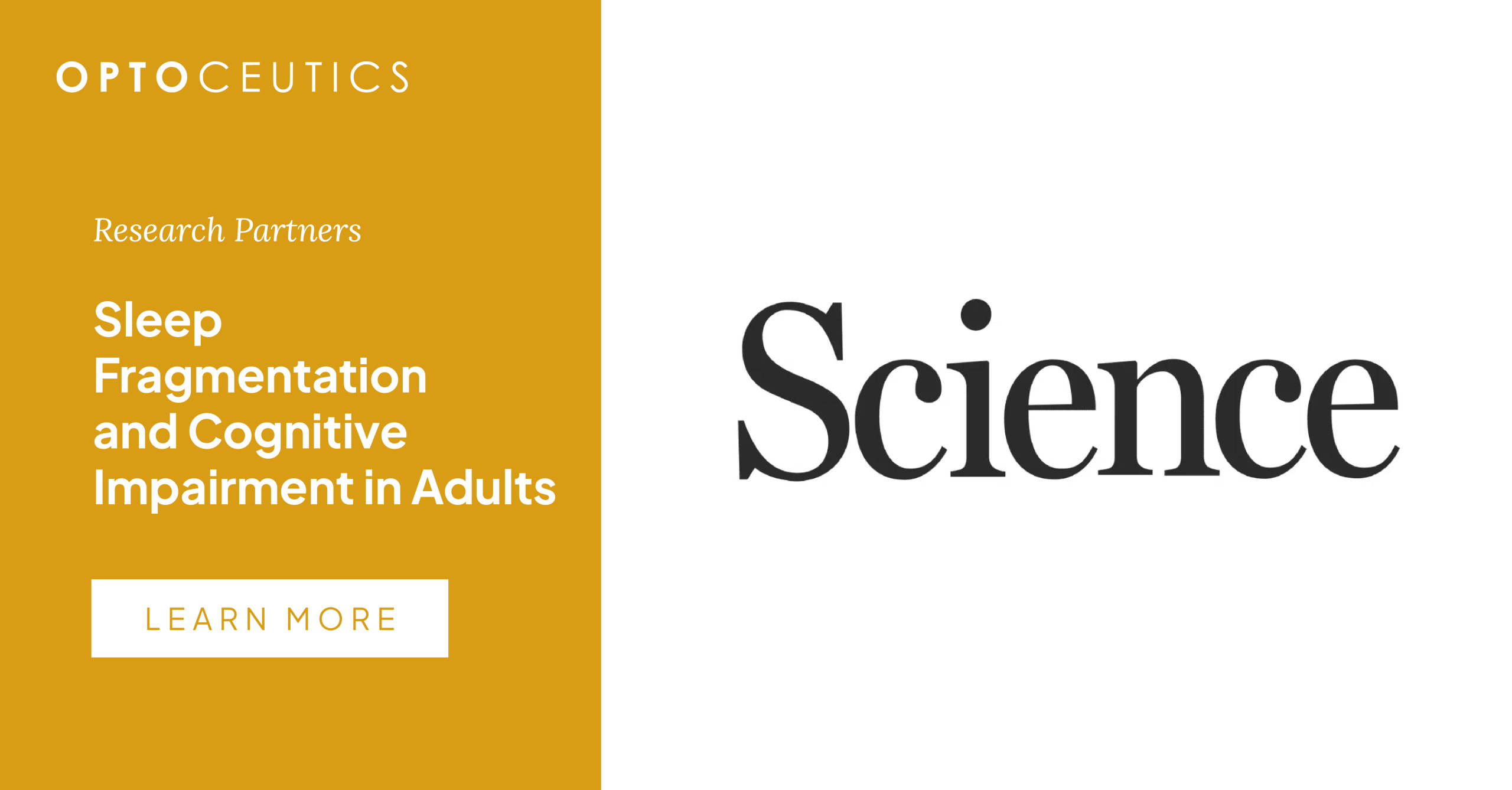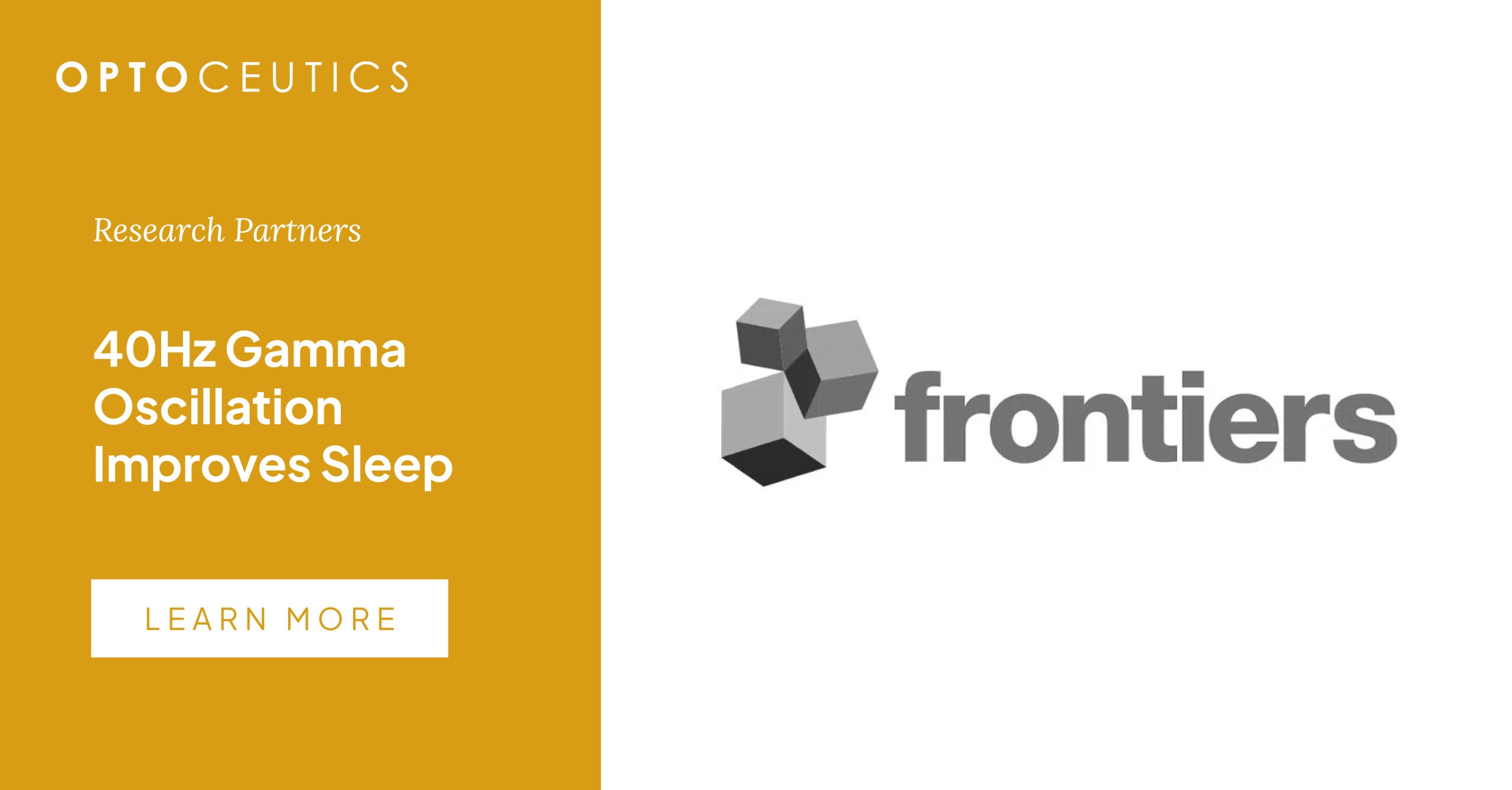
Authors: Qiliang He, Kay M. Colon-Motas, Alyssa F. Pybus, Lydia Piendel, Jonna K. Seppa, Margaret L. Walker, Cecelia M. Manzanares, Deqiang Qiu, Svjetlana Miocinovic, Levi B. Wood, Allan I. Levey, James J. Lah, Annabelle C. Singer
The article titled “A Feasibility Trial of Gamma Sensory Flicker for Patients With Prodromal Alzheimer’s Disease” presents a pioneering approach to Alzheimer’s treatment involving the use of gamma frequency sensory stimulation. Conducted by researchers at Georgia Tech and Emory University, this trial explored the safety, tolerability, and potential biological effects of using light and sound flicker at 40 Hz on patients with mild cognitive impairment (MCI) due to Alzheimer’s disease.
Key Findings:
- Safety and Tolerability: The trial involved ten patients who were exposed to one hour of daily gamma flicker stimulation at home for either four or eight weeks. The results showed that this treatment was safe and well-tolerated by the participants, with minimal adverse effects such as mild dizziness, tinnitus, or headaches (Georgia Tech BME) (AlzLife).
- Neural and Immune Responses: The study found promising preliminary evidence that gamma flicker stimulation could enhance neural connectivity in brain networks typically weakened by Alzheimer’s. Additionally, changes in immune factors in the cerebrospinal fluid were observed, indicating potential immune system engagement (Singer Lab) (AlzLife).
- EEG Entrainment and Functional Connectivity: Participants exhibited strong EEG entrainment at 40 Hz, demonstrating that their neural activity synchronized with the flicker stimulation. This synchronization was linked to a significant increase in neural network functional connectivity, a crucial aspect since Alzheimer’s disease often disrupts these networks (Georgia Tech BME).
- Future Research Implications: Although the trial did not conclusively show changes in Alzheimer’s biomarkers such as amyloid-beta or tau proteins, the encouraging biological effects warrant further investigation. The researchers advocate for larger and longer-term studies to explore the clinical benefits of gamma flicker stimulation more comprehensively (Neuroscience News) (Georgia Tech BME).
This study represents a significant step forward in non-invasive Alzheimer’s treatment research. The ability to safely and effectively engage neural and immune responses through sensory stimulation opens up new avenues for combating this debilitating disease.
Readers interested in the intersection of neuroscience, immunology, and innovative therapeutic interventions will find this study a compelling addition to ongoing Alzheimer’s research. Further details and nuanced insights can be explored by accessing the full article and related sources (Singer Lab) (Neuroscience News) (Georgia Tech BME) (AlzLife).
Read the article here.
Learn What Others Have Experienced with EVY Light
See how others have achieved a sharper mind by activating their gamma brainwaves in combination with maintaining a healthy lifestyle.

















